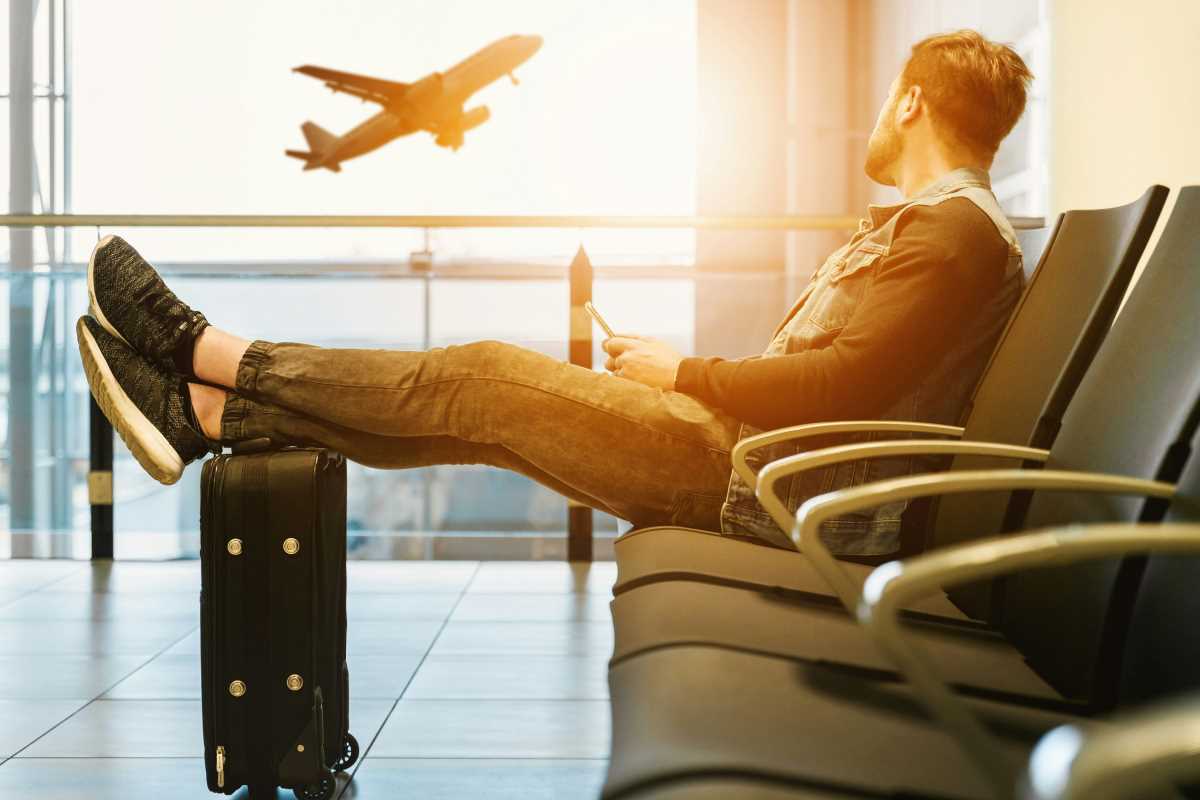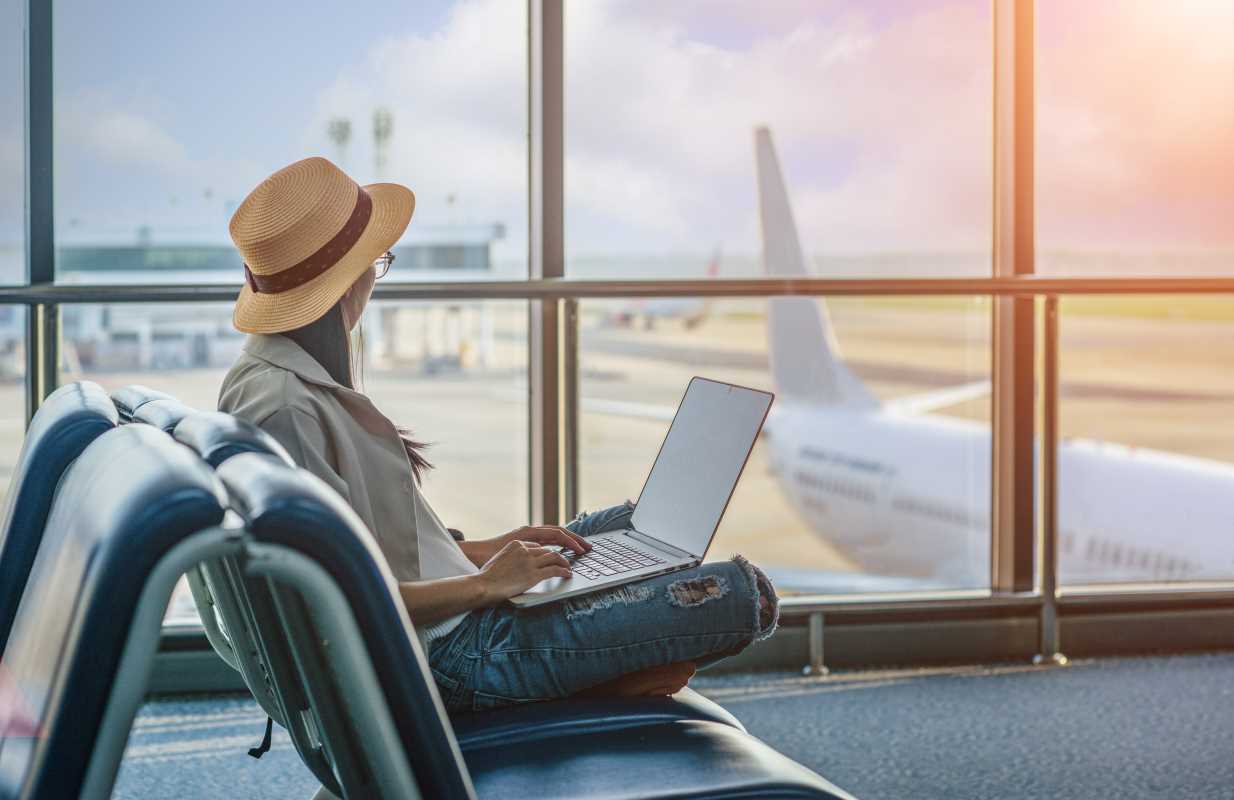Jet lag, the dreaded traveler's affliction, can seriously put a damper on the start of any trip. Dealing with fatigue, disrupted sleep patterns, and overall grogginess can hinder your ability to fully enjoy your destination. However, there are steps you can take to combat jet lag and ease your transition into a new time zone. Here are some tips for a smoother adjustment:
Gradually Adjust Your Sleep Schedule
One of the best ways to prepare for a new time zone is by adjusting your sleep schedule in advance, especially if there is a significant time difference. Start a few days before your trip by gradually shifting your bedtime and wake-up time closer to those of your destination. For example, if you’re traveling to a location where the time is six hours ahead, try going to bed an hour earlier each night. This approach allows your body to ease into the new schedule, making it less jarring when you arrive. Adapting your schedule slowly over several days gives your body’s internal clock a chance to adjust, helping you minimize the initial effects of jet lag upon arrival. It’s also helpful to adjust your meal times to coincide with your destination’s time zone, as your eating schedule plays a crucial role in regulating your body’s rhythms.
Stay Hydrated During Your Flight
Flying dehydrates your body, which can exacerbate feelings of fatigue and make it harder to adjust to a new time zone. The dry air in airplanes causes moisture loss, so staying hydrated is essential for maintaining energy levels and mental clarity. Aim to drink water consistently throughout the flight, avoiding alcohol and caffeinated beverages, which can contribute to dehydration and disrupt your sleep. Instead, choose water or herbal tea, which helps keep your body well-hydrated without the stimulating effects of caffeine. You might also want to bring a refillable water bottle to ensure you have easy access to water throughout the flight, especially on longer journeys. Proper hydration not only improves overall comfort but also supports your body’s natural sleep cycle, making it easier to rest when you need to.
Get Natural Sunlight Exposure
Once you’ve arrived at your destination, expose yourself to natural sunlight as soon as possible, as sunlight is one of the most effective ways to reset your internal clock. Spending time outdoors helps regulate your circadian rhythm, signaling to your body that it’s daytime, even if it feels like the middle of the night. Try taking a walk, enjoying a meal outside, or sitting by a window with ample sunlight to help your body adjust. If you arrive early in the morning, resist the urge to nap and instead go outside, as daylight exposure will help you feel more alert and gradually shift your body into the local time zone. Conversely, if it’s nighttime when you arrive, try to minimize exposure to artificial light, as it can further disrupt your body’s transition to the new time.
Incorporate Light Exercise
Exercise is another effective way to combat jet lag by boosting your energy levels and promoting better sleep. Upon arrival, engage in light physical activity, such as a walk, gentle yoga, or stretching exercises. Physical movement helps to stimulate your body, making it easier to stay awake until a more appropriate bedtime in the new time zone. Exercise can also release endorphins, which improve mood and help alleviate travel fatigue. However, try to avoid intense workouts right before bed, as they may have a stimulating effect. Instead, keep it light and relaxing to avoid interfering with your ability to fall asleep later.
Use Natural Remedies
If you’re struggling to adjust, natural remedies like melatonin supplements may help. Melatonin is a hormone that your body produces to signal sleep, and taking a small dose can help nudge your body’s internal clock toward the new time zone. Taking melatonin a few hours before your desired bedtime can help establish a consistent sleep routine more quickly. However, it’s essential to use melatonin strategically and consult with a healthcare provider before introducing any new supplement into your routine, especially if you’re on other medications. Additionally, try natural relaxation techniques, such as deep breathing exercises or meditation, before bed to calm your mind and ease into sleep.
Adjusting to a new time zone can be challenging, but by taking steps to prepare, you can reduce the effects of jet lag and enjoy a smoother transition. Be patient with your body, as acclimating takes time, especially if the time difference is substantial. Implement these practical tips, listen to your body’s needs, and give yourself grace as you settle into a new rhythm. By doing so, you’ll start your trip feeling refreshed and ready to explore. Safe travels!




.jpg)


